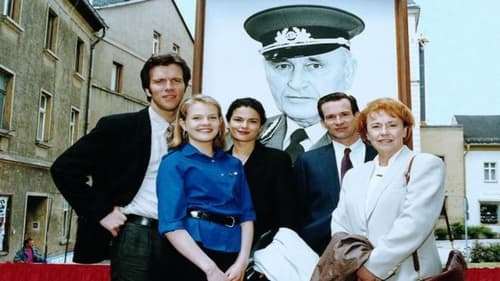
Editor

Editor
In East Berlin in the late 70s, two boys meet one evening in a disco: Thomas, who is from a working class family and is doing an apprenticeship, and Michael, a 16-year-old school pupil from an educated middle-class family. They both miss the tram home and walk together instead, ending up at Michael’s house where they discuss God and the world into the early hours. Following this encounter the two boys enter into an unusual friendship, united by their mutual desire to get away from the phoniness, the limitations and the restrictions of their parents and of society.
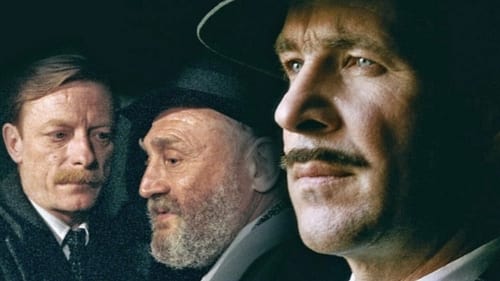
Editor
A story about massive robbery from the safe of German railways set in 1946.
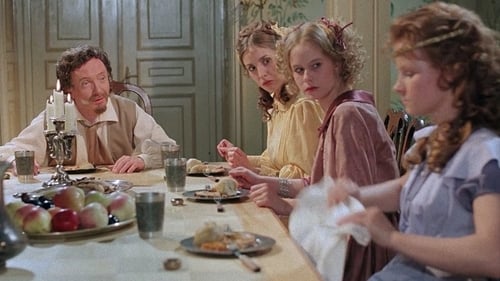
Editor
Однажды юная принцесса играла у колодца с золотым шаром, и случайно уронила его в колодец. Горько заплакала юная дева и пообещала исполнить любое желание того, кто поможет ей достать любимую игрушку со дна колодца.

Editor
Перед Сочельником пути многих людей пересекаются. У каждого из них в этот день своя особенная история ... Врач детской поликлиники с радостным сердцем покидает больницу утром 24 декабря. Родители маленького Матиаса снова помирились. На прощание привратник преподносит ей шоколадного Деда Мороза, которого часто следует проходить в этот день: при той или иной мимолетной встрече, в качестве милого жеста для других. Судьба играет немного Кнехта Рупрехта и раздает его дары. Два одиноких сердца спешат спастись от праздничной суеты. Несчастный случай сводит их обоих вместе. За бутылку игристого вина в этом испуге сладкий шоколадный мужчина меняется на разведенного мужа Ильзы, которого каждый год в одно и то же время тянет обратно к семье на колени.

Editor
Мексика во время Второй мировой войны: гончар Бенито продает свои изделия на Меркадо в Мехико . Его клиенты покупают его блюда из-за темно-синего рисунка. Однако внезапно он больше не может получить синюю краску: это война, и товары немецкой компании, производившей синюю краску, больше не разрешено продавать из-за торгового эмбарго против Германии. Использование другого цвета, кроме синего, исключено. Аптекарь Бенито предлагает ему другие оттенки синего, но его клиенты хотят только его синего цвета, и «не только тот, который называют синим только потому, что другое имя не готово, они называют его синим, но он не открывает ваше сердце». о том, что предлагает аптекарь Бенито, не может быть и речи.

Editor

Editor
Two adolescents, Sauly and Mick, get to know each other while hitchhiking and stick together for the long haul. They both want to reach the ocean, which is some thousand kilometers away. An old car picks them up, but the trip ends shortly thereafter in a sleazy motel. At the bar, a man named Landolfi approaches them. He explains to Sauly that he must have sold his guardian angel to a man by the name of Miller in the city of Prince. Though the boys do not believe in guardian angels, Sauly slowly succumbs to his own fears. He would like to have his guardian angel back again. On their trip, Sauly becomes sick. Mick works on a farm to pay the doctor's bills. Once Sauly is well, they travel farther - until they reach Prince. In this mysterious city, all of the people are named Miller, and once Sauly and Mick finally are at the ocean, they meet Landolfi once more.

Editor
In the fall of 1945, nineteen year-old Mark Niebuhr, is accused of murder and is jailed as a prisoner of war in Warsaw, Poland. He maintains his claim of innocence throughout long periods of solitary confinement. When Mark is placed among a group of Polish criminals, he becomes the target of their aggression. Later, Mark experiences true hell in a communal cell with fanatical German war criminals. Turning Point is based on actual events from Hermann Kant's novel of the same name.

Editor
Ten years old Ernst and his father Alfons are traveling to the family event on their bikes.

Editor
A woman in her mid thirties drifts through Berlin on a Friday night then lazes around her apartment with her husband the next morning.

Editor
After the accidental death of her mother, 12 year old Nicki must care for the family particularly her two young siblings.
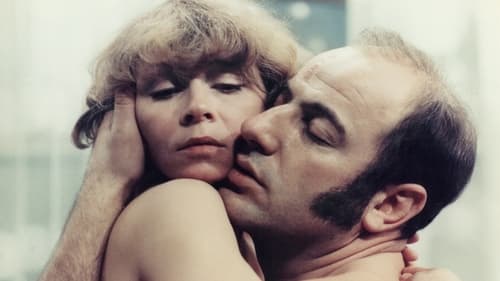
Editor
One year has passed since Max and Wanda got their divorce. Max has come to the realization that he wants his ex-wife back - no matter what the cost! So he concocts a sneaky plan: he asks Wanda to hide him from the police, who are apparently looking for him. At first, Wanda rejects all his attempts to restart their relationship. But she is soon unable to resist Max's convincing promises and even throws her lover out of the house. But then she discovers Max's lie.
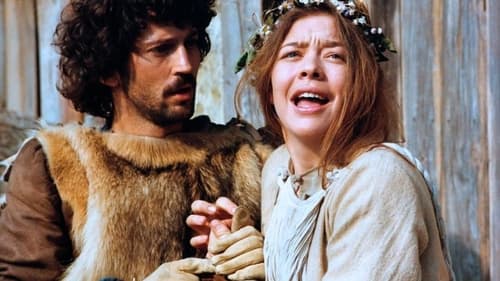
Editor
Switzerland 1523. The mercenary Hansli Gyr returns with his soldiers from Italy to his home in the Oberland. They have fought for the Pope and now find a religious upheaval in Switzerland.

Editor
East Germany 1978. Karoline and Robert, teenagers who used to live in the same house until Robert's family moved, meet again at this year's holiday-camp. First love, first nude experience, first self-made theatre performance of "Romeo and Juliet". A look at the east-German youth in the late seventies.
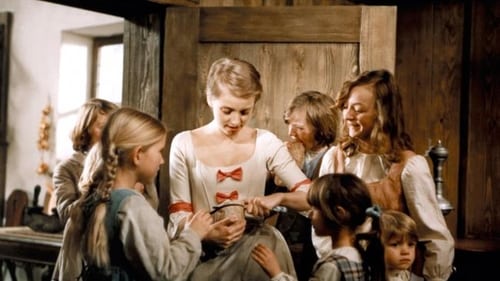
Editor
The young and rebellious Werther is passionately, but hopelessly, in love with Lotte. Although he knows that she is married to somebody who can offer her a secure future, Werther tries to be near her. Lotte cannot decide between these two men. She eventually rejects Werther, who does not survive her decision.

Editor
Philipp is a small boy, who other guys pick on, because he's not as large as them. But when a musician gives him a magical flute, he can make objects bigger or smaller.

Editor
Johann Wolfgang von Goethe (1749-1832) was the author of Werther, the romantic novel that was transformed into a play during Goethe's lifetime and which initiated the whole German romantic movement. The book's story tells of young love and suicide. In this East German film, based on a book by Thomas Mann, Lotte (Lilli Palmer) was the woman who served as the model for the heroine in the novel Werther. She comes to Goethe's hometown for a visit, and her experiences there eerily re-create episodes from the book. Goethe comes across as a pompous old bore, and his friends as pandering sycophants, in this very proper communist party-sponsored, anti-heroic movie.
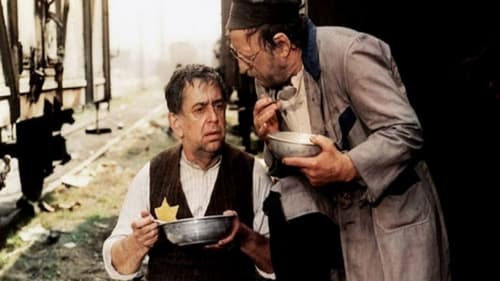
Editor
A Jewish ghetto in the east of Europe, 1944. By coincidence, Jakob Heym eavesdrops on a German radio broadcast announcing the Soviet Army is making slow by steady progress towards central Europe. In order to keep his companion in misfortune, Mischa, from risking his life for a few potatoes, he tells him what he heard and announces that he is in possession of a radio - in the ghetto a crime punishable by death. It doesn't take long for word of Jakob's secret to spread - suddenly, there is new hope and something to live for - and so Jakob finds himself in the uncomforting position of having to come up with more and more stories.
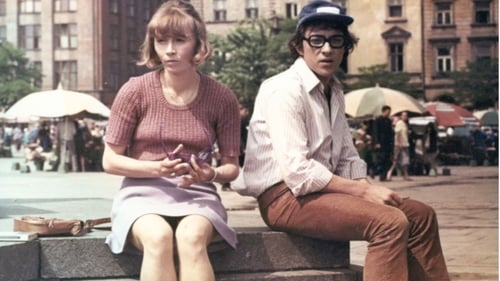
Editor
During their holiday in Kraków, a young worker and a student are asked if their love, despite different views on life, will endure.

Editor

Editor

Editor
In this East German film, the third one in The Third is Margit's third lover. After her mother's death, Margit has two affairs which don't work out, and one lesbian friendship which she retains. She is looking for a husband, though, and thinks she has spotted a candidate in her fellow factory worker. As she contemplates marrying him, her story is told in a series of flashbacks.

Editor
On the occasion of their daughter's birth, the king and queen give a lavish feast. Among the guests are twelve fairies who endow the infant in the cradle with all good qualities. As the king loathes diligence, he does not invite the thirteenth fairy - the fairy of diligence. A captain lets her slip into the castle and she casts a spell on Sleeping Beauty, wishing death upon her. The twelfth fairy transforms and mitigates the spell. On the day she turns fifteen, the princess is to sink into a hundred-year sleep after pricking her finger on a spindle.

Editor
In 1920, Michael, the son of a German laboring man, decides to travel to Russia. As "red horseman" he wants to support the socialist revolution and fight for the welfare of the working class. The journey towards the east turns out to be both a big adventure and a severe ethical test for the young man. He has to escape the German Armed Forces and ends up at a traveling circus where he falls in love with Fanny, a dressage rider. He overcomes the temptation to stay with her at the circus and - after briefly joining a gang of teenage thieves - he eventually boards a ship heading east. Aboard the ship he finds out that the seamen are transporting weapons for the hostile members of the White Army.

Editor
Long-haul driver Hannes (Manfred Krug) picks up a young hitchhiker, Herb (Jaecki Schwarz), who had a falling-out with his parents after dropping out of college and now travels around doing odd jobs. After a series of adventures, they are joined by Johanna (Jutta Hoffmann) and her child, who missed their bus and need a ride to Berlin. Johanna has left her husband so that he can reflect on their broken relationship and both men gradually begin to fall in love with her.
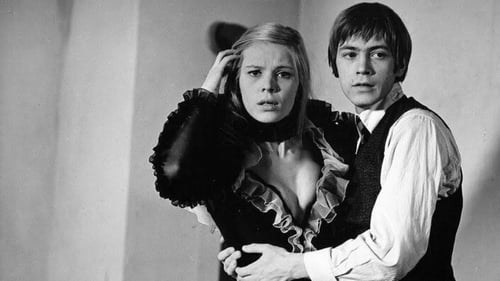
Editor
In August of 1914, amidst the public ecstasy surrounding the impending war, Hans Gastl, the young son of a Munich bürger, makes a decision: he will not take part in this war. This resolution signifies a turning point in his life; a farewell to his class and his family.

Editor
Karin, who is in her mid-thirties, works as registrar but has been divorced for several years. Together with her 16-year old daughter Nora, she leads a happy and independent life. Then, she finds a new partner in the mathematician Peter, but does not tell her daughter about him. When Peter proposes marriage, Karin always comes up with new excuses why such a step is still too early for her. She mainly fears that Nora would not be able to cope with another marriage of her mother. But when Peter cannot be dissuaded anymore by her excuses and finally wants to marry her, Karin comes up with a bizarre plan.
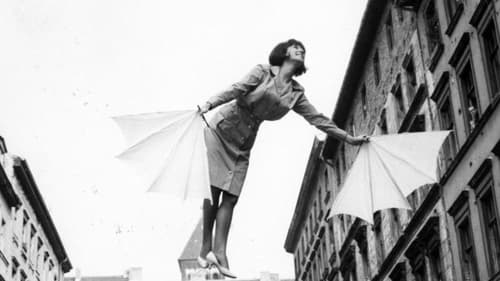
Editor
After the death of their father, 18-year-old Helene Raupe (“coccoon”) and her younger sister Asta come under the guardianship of the youth welfare office in East Berlin. Helene fails miserably as a fishmonger, fashion assistant and bus conductor, all jobs ordained for her by the authorities. The young woman really only “emerges” in her fantasies, where she can escape from her dull, normal life.






















